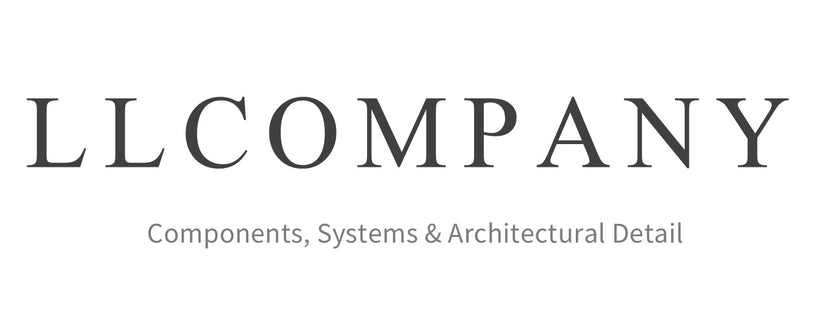How to install Picture Frame Moulding

For a product as simple as wall moulding, the effect it creates can be transformational. Sometimes the simplest of design techniques can be the most effective. For relatively little cost you can achieve a really elegant look. We sell a whole range of profiles from modern, classic to highly decorative depending on the period of your property or the style you want to achieve.
What is Picture Frame Moulding?
As the name suggests, the original meaning refers to mouldings that were used to make actual picture frames. In the context of interior design however, we are talking about gluing mouldings to a surface in order to add definition and character to a blank wall.
How to create a Gallery Wall
A highly popular trend is to create multiple ‘frames’ in which to hang artwork, often referred to as a gallery wall. If this is a look you’d like to achieve, it’s imperative to take your time and finalise a design on paper, before applying it to your wall! Take accurate measurements from above the skirting up to your coving and experiment with different size frames.
Obviously if you are hanging particular artwork, you will need to measure it carefully first. One top tip is to lay everything out on the floor in front of the wall first and swap paintings around until you are happy.
Use masking tape to build up the frames and live with them for a few days until you are 100% happy with the design. At that point you can cut and glue the mouldings with our recommended adhesive.
One of our best sellers is the No. 8030 wall moulding which is perfect for creating Gallery Walls.
Create wall panelling effects using mouldings
Another popular trend is using wall moulding to create an effect that imitates wall panelling. It’s a classic style that is hard to achieve in any other way other than hanging our No. 120 and No. 121 wall panel.
Balance is key when creating a wall panel effect. Research traditional styles which often feature larger frames above the dado rail, with smaller ones below. Don’t forget you can panel your ceiling too and create pelmets above doorways and so much more. Consider the whole scheme which will include ceiling coving, door mouldings, skirting boards and dado rails.

What size and style of wall mouldings should I use?
The size and style of mouldings you use is dependent on the size of the space you are decorating. Avoid using large profile mouldings in small rooms and we recommend sticking to a limited colour palette. Harmony and balance in a space is key and muted colours help to achieve this. If you have a bold, classical look, wide mouldings are well suited to this strong aesthetic such as No. 9020.
For feature walls, frames can be painted in contrasting colours or even filled with decorative wallpaper to create a focus point. There are no hard and fast rules where size is concerned and we would always recommend testing a sample first.
Whether you are working with a joiner or using a mitre saw yourself, we can’t say emphatically enough to measure twice and cut once! (and be safe of course). Other useful tools include a spirit level, plenty of masking tape, wood filler, our recommended adhesive, a hammer or a mallet.

What are the benefits of using wall mouldings?
Our wall mouldings are made from a polyurethane product called Purotouch. Each moulding is highly defined, durable, lightweight and water resistant. Sold in two metre lengths, every style arrives pre-primed and ready to paint. They will stand the test of time and could be one of the most cost effective investments you make in your home!
Our range of Purotouch products can be used together from wall panelling, dado rails, cornicing, skirting, ceiling roses and beading.
When you need some extra help
We are here to quote for cornicing so please get in touch at info@thelibraryladdercompany.co.uk
All products are available to order online at The Library Ladder Company.
Blog posts
A First Look Inside Our New Office Displays
Take a first look inside our newly renovated LLCompany office, where we’ve created practical displays of wainscoting, wall panelling, wallpaper pairings and our rolling ladder system to help inspire your next project.
Top Trends in Rose for Ceiling: A Decorative Guide
Ceiling roses serve as exquisite decorative elements that enhance any room’s aesthetic appeal. These prominent features, often installed at the junction of ceilings and lighting fixtures, create an ambiance that elevates decor from ordinary to extraordinary.
Enhance Your Home with Door Architrave Ideas
Choosing the right finishing touches in a home is often what brings everything together, and nothing frames a space quite like a beautiful architrave. At LLCompany, we believe it’s these subtle yet defining features that give a room its presence and personality...
Subscribe to our newsletter
Promotions, new products and sales. Directly to your inbox.











